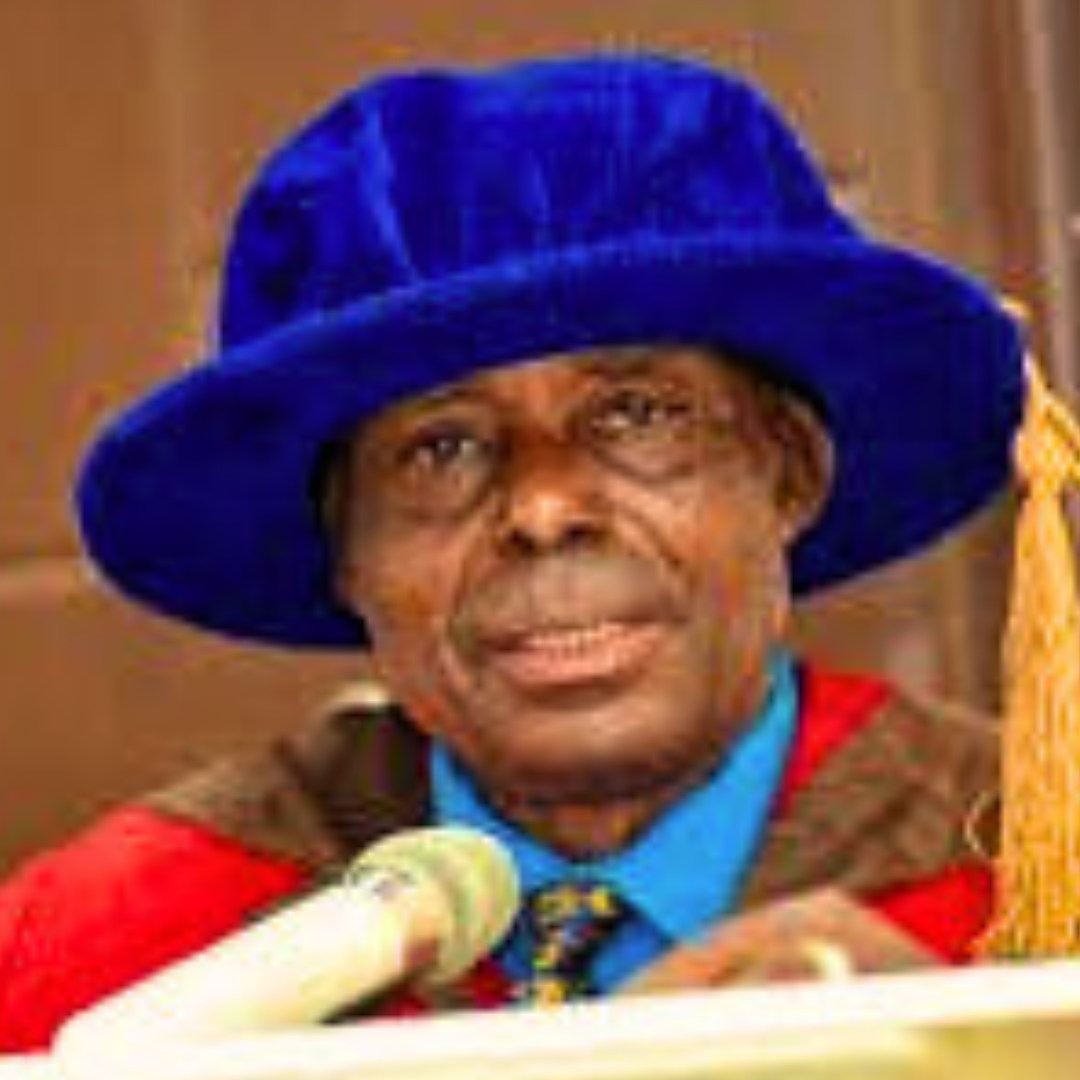
THE CHRISTIAN LIFE FROM WOMB TO TOMB
While being born a Christian may be accidental, dying as a Christian must be a matter of deliberate choice and utmost personal conviction. A lot has been said about infant baptism, with strong arguments for and against it.
The most valid reason proffered is that since death does not spare even the newborn baby, it is better to take the pre-emptive action of washing away the original sin from the baby in case of any eventuality.
After all, the baptised baby still has the option of accepting or rejecting their faith when they grow up to maturity in later life, and become capable of thinking for themselves.
Although life begins in the womb, there is no religious dispensation inside the womb, as the foetus is simply a physical extension of its mother, sustained by the umbilical cord.
So, although the Christian life vicariously begins in the womb, it becomes a final reality in the tomb where the lifeless body is buried after living a good Christian life, or otherwise, in preparation for the world to come.
There are several stages in the journey of a Christian through life, from the cradle to the grave. Confirmation follows baptism, and this is conferred with the full knowledge and cooperation of the recipient, normally after a period of formal catechetical preparation.
At adulthood, the child encounters the crossroads between the Sacrament of Matrimony and the Holy Orders to Priesthood or Sisterhood.
Many parents, particularly of lone children, resist their children’s decision to opt for the Holy Orders because of the perceived disadvantage of celibacy.
But the Priest or the Reverend Sister is not childless in the real sense. The Priest is the Father of the parish, while the Reverend Sister is effectively the Mother of the parish.
Good parishioners are meant to relate to them and take care of them as their spiritual parents, and the priest or the sister should lack nothing that biological children provide. The priest or the sister is wedded to the Church, and committed to a lifetime of poverty, obedience, and chastity.
Parents should refrain from interfering with their children’s career choices, particularly relating to their decision to embrace consecrated life. Indeed, considering the avalanche of challenges and complications of marital life, there can be no more serene and peaceful life than one fully dedicated to serving God. But Priesthood or Sisterhood is by divine calling, and not by choice.
In the same way that Jesus chose his disciples at the beginning of his earthly ministry, God has his own way of calling people to serve him.
First, God looks into the heart of the potential priest or sister before reaching out to them in his mysterious way. Of the numerous virgins in existence at the time, the choice of Mary to bear the Son of God was not purely accidental.
So, when God calls, man or woman must answer ‘yes’, and no human impediment must be placed in the way of actualising the divine plan.
The marital option is equally significant as God’s purpose of perpetuating humanity. Having created Adam and Eve, God put a machinery in place to ensure continuity, and marriage between men and women is at the heart of that plan.
This is what makes homosexuality such an abominable act, because it stands in the way of God’s purpose for natural creativity. Freedom of choice, often espoused as the rationale for homosexuality, becomes sinful when it interferes with God’s divine plan.
But marriage should be treated with the seriousness it deserves as an alternative sacrament to the Holy Orders.
The family, modelled on the Holy Family of Mary, Jesus, and Joseph, is the domestic Church, which should be run in accordance with God’s plans for the holy matrimony.
Catholic marriage is for life as there is no room for divorce. So the right choice of partner must be made with God’s guidance. Today, the marital institution is faced with innumerable challenges, because the basic principles of marriage, founded on unconditional love, fidelity, and mutual self-sacrifice, are being constantly violated.
The family must be firmly united in prayers and service to God, as the fundamental nucleus of the society from which the parishioners are drawn.
The present-day turbulence in the society is a direct consequence of the breakdown in family life. So, both the priesthood and marital sacrament must complement each other, as they are mutually interdependent, and each one is a critical phase in the Christian journey of life.
As products of the matrimonial option, children must be brought up in the knowledge and fear of God.
The last sacrament before the tomb is the sacrament of final rites, performed on the dying, and used to be known as the sacrament of extreme unction.
It involves anointing the dying with oil and praying for the salvation of their soul. Unfortunately, accident victims, or victims of sudden-death, are denied of this last sacrament available only to the terminally ill.
As with the womb, there is no Christian life in the tomb which only holds the lifeless body bereft of its soul and spirit. Depending on the quality of Christian life lived, the soul and spirit are either doomed for heaven or hell, with a possible stopover in purgatory.
From the womb to the tomb, every moment must be fully devoted to Christ, with absolute submission to the will of God.



Leave a Comment